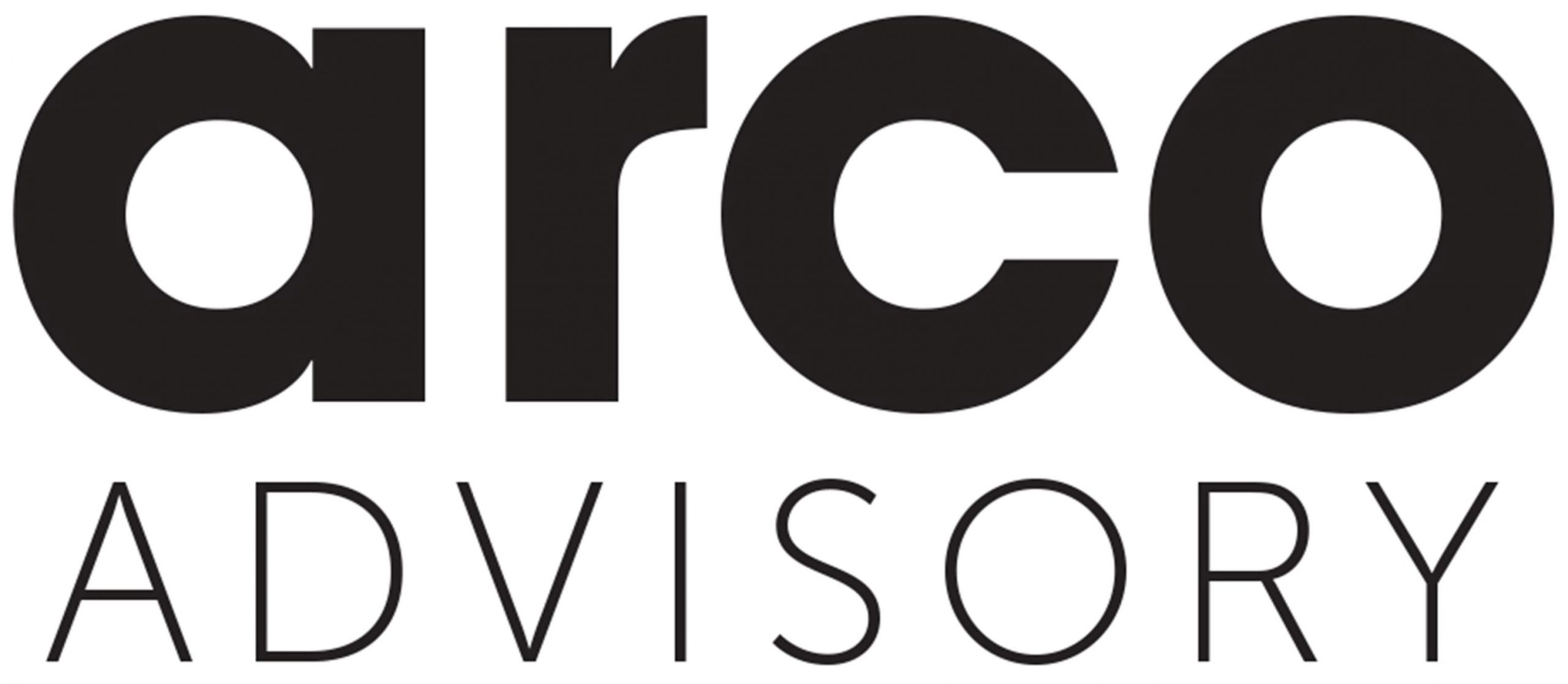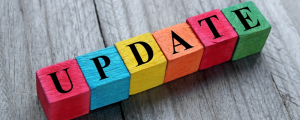If you earned Australian income between 1 July 2021 and 30 June 2022, you may need to lodge a tax return. Even if your income is a lot less this year, it’s worth lodging a return to see if you’re due a refund.
If you’re doing your own tax, you have until 31 October to lodge your return.
Lodge online with myTax
You can lodge your return using myTax, the ATO’s free online tax return. You need a myGov account linked to the ATO to lodge online. Returns lodged this way are usually processed within two weeks.
Lodging with myTax is easy and free. Most information from employers, banks, government agencies and health funds will be automatically included in your tax return by late July. You just have to check the information is correct, enter any income that isn’t there, add any deductions you have, and then submit. MyTax will then calculate your tax for you.
The ATO has ‘how-to’ videos to help you lodge online using myTax.
Declare all your income
Most of your income will be pre-filled from details the ATO receives from your employer and financial institutions. There may be other income you need to add yourself.
Common types of income that must be declared includes:
- employment income
- government payments
- super pensions and annuities
- investment income (including interest, dividends, rent and capital gains)
- income from the sharing economy (for example Uber or Airbnb)
- compensation and insurance payments
- foreign income
Visit the ATO’s website for more information on income you must declare.
Claim your tax deductions
Tax deductions can help to reduce your taxable income.
You may be entitled to claim a deduction for work-related or investment expenses.
Work-related expenses
To claim a deduction for work-related expenses:
- you must have spent the money yourself and weren’t reimbursed
- the expense must be directly related to earning your income
- you must have a record to prove it (usually a receipt)
If the expense was for both work and private purposes, you can only claim a deduction for the work-related portion.
Here are some common work-related expenses you may be able to claim.
Car and travel
You may be able to claim the work-related use of a car you own when you drive:
- to and from an alternative workplace for the same employer on the same day
- between home and work in limited circumstances, such as when you carry bulky tools and equipment
You can’t claim a deduction for:
- normal trips between your home and work, even if you live a long way from your usual workplace or work outside normal business hours
- if your car is held under a novated lease in the name of your employer or spouse
Clothing and uniforms
You can claim the cost of work-related clothing if it falls under one of the following categories.
Compulsory uniform – To claim the cost of a work uniform, it needs to be distinctive to your employer. You must also be explicitly required to wear the uniform by a workplace agreement policy.
Protective – You can claim a deduction for the cost of clothing and footwear you wear to protect yourself from injury or illness at work. The clothing must have features or functions that distinguish it from regular clothing, for example steel-capped boots. There must also be a link between your work-related activities, the risks presented by your work environment, and the protective clothing.
Occupation specific – You can claim a deduction for occupation specific clothing that is associated with a particular profession, trade, vocation, occupation or calling. For example, a judge’s robes or a chef’s chequered pants. This does not include items that are traditionally worn by a number of professions. For example, work wear worn by tradespeople.
Self-education
If the study directly relates to your current job, you may be able to claim expenses. For example, course fees, textbooks, stationery, internet, home office expenses and professional journals.
The study must maintain or improve your skills or knowledge, or be likely to increase your income, from your current job. You can’t claim a deduction if your study is designed to help you get a new job.
Tools and other equipment
The cost of tools or equipment can be claimed as a deduction if you use them for a work-related purpose. Tools and equipment are generally depreciating assets. If they cost you more than $300, you can only claim a deduction for its decline in value over the life of the asset.
The ATO have created occupation and industry guides and information about work-related deductions to help you work out what you can and can’t claim.
Working from home
If you’re an employee who works from home, you may be able to claim a deduction.
For the 2021-22 income year, there are three ways you can choose to calculate your working from home deductions:
- temporary shortcut method (available between 1 March 2020 and 30 June 2022)
- fixed rate method
- actual cost method
As long as you meet the eligibility and record-keeping requirements, you can choose the method that gives you the best outcome.
The ATO has more information about how to calculate working from home expenses.
Other deductions
Other items you can claim include:
- union fees
- the cost of managing your tax affairs
- income protection insurance (if it’s not paid through your super fund)
- personal super contributions you paid to your super fund
- gifts and donations to organisations that are endorsed by the ATO as deductible gift recipients
Investment expenses
You may be able to claim the cost of earning interest, dividends or other investment income.
Examples include:
- interest charged on money borrowed to invest
- investment property expenses
- investing magazines and subscriptions
- money you paid for investment advice
The ATO has more information about investment income deductions.
Keep a record of your expenses
To claim a deduction, you must have a record to prove you incurred the expense and how you calculated your claim.
Keep receipts using the myDeductions tool in the ATO app to make it easier to do your tax return. You can record:
- expenses and deductions
- vehicle trips
- income (if you’re a sole trader)
- photos of your invoices and receipts
It’s a convenient way to keep your records in one place. Then at tax time, you can upload the data directly into your tax return or email a copy to your tax agent.
Get help from a registered tax agent
If you want to use a professional to do your tax return, make sure you use a registered tax agent. You can check if the accountant or agent is registered on the tax practitioner register.
Most registered agents have special lodgment schedules and can lodge returns for their clients later than the 31 October deadline.
Whichever way you choose to lodge your tax return, remember you are responsible for the claims you make. Make sure your deductions are legitimate and you include all your income before you or your agent lodges your return.
The original article can be sourced here.





